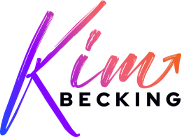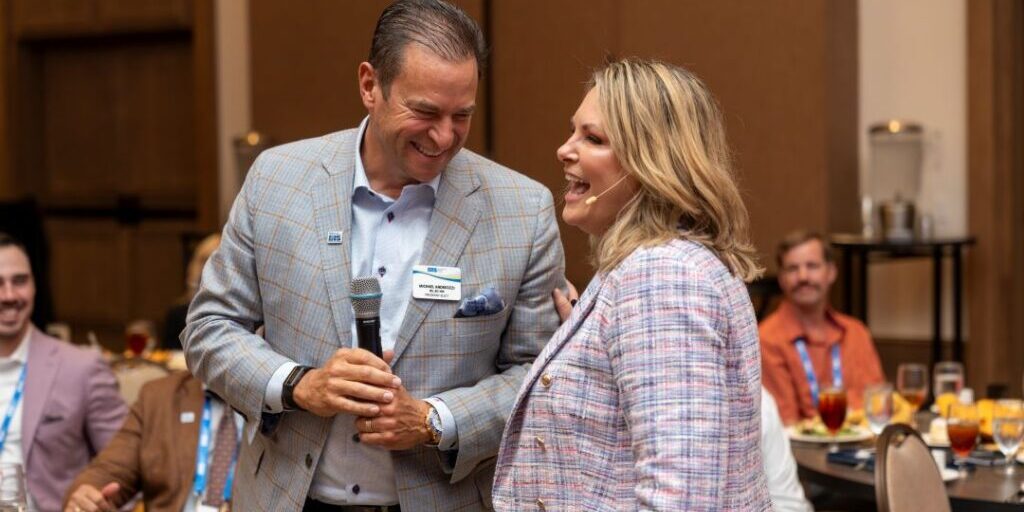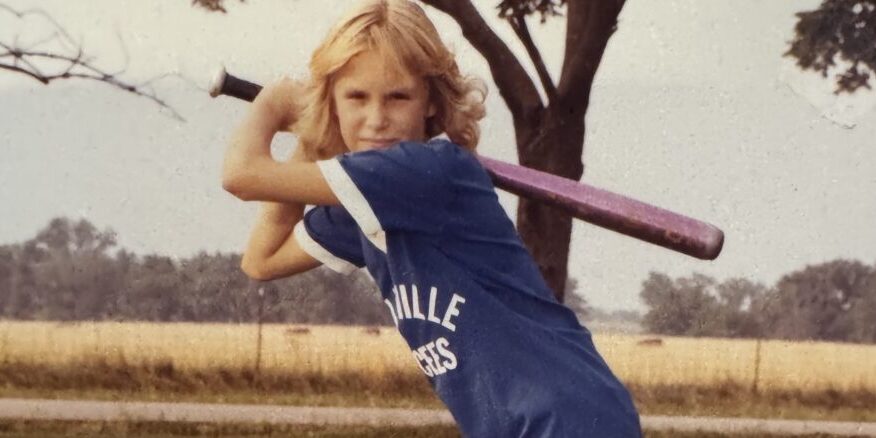With burnout, overwhelm, and exhaustion on the rise, here’s how to conserve your energy intelligently (and easily!) to fuel Unstoppable Momentum.
One of the things that I’m hearing right now from so many leaders is that there’s simply not enough time in the day to get it all done. There’s so much coming at you from so many different directions—the pings and dings – in our hands, at our desks, on our wrists, in our ears – with the 24-hour news cycle, the never-ending to-do list, the phone in your pocket, persistent personal challenges, non-stop work drama, and negativity— just typing this is overwhelming!
This “so muchness,” with burnout and stress at an all-time high, is contributing to what’s now being called “The Great Exhaustion.”
A recent American Psychology Association survey revealed that
- 36% of people reported cognitive weariness,
- 32% reported emotional exhaustion
- 44% reported physical fatigue — a 38% increase in just three years.
What’s more—these stats reflected just how people were feeling about work-related stress. When you add personal challenges and normal day-to-day stresses, these numbers go up significantly.
But you already know all of this. You’ve felt it. You’re feeling it now. The real question is, what are we supposed to do about it?
When I give keynotes and have conversations with leaders, I often ask this question: What do you do when your phone battery is at 10%?
The overwhelming answer: PANIC
And how do you solve the problem of that depleted battery? You reach over and plug in your phone. Crisis averted.
Why aren’t we using the same practical logic for our minds, bodies, and spirits?
The Antidote for Exhaustion
 So I ask you:
So I ask you:
Are you recharging your phone more than you are recharging yourself?
This isn’t a rhetorical question. The answer is overwhelmingly NO.
Most of us are more focused on keeping our phones “in the green” than we focus on keeping ourselves rested, restored, and recharged. Even though our bodies are giving us all the warning lights (brain fog, clumsiness, forgetfulness, short tempers, poor hunger cues, the list goes on!), we think we can (or worse, that we have to) keep draining a little bit more and a little bit more from our internal batteries.
Have you skipped lunch because you were working? Do you go from back-to-back meetings during the day without a break in between? Have you sat at your desk longer than an hour without getting up? We know we shouldn’t do these things. Yet, most of us do.
And this, I’m afraid, is a little ridiculous, right? Because as the saying goes “You can’t pour from an empty cup.”
The only way to fight fatigue is to STOP fighting it. Give yourself a literal break.
I know. I can already hear you. “I get it, Kim. I know I need to slow down and take a breather. But I just have so much to doooo, and there’s not enough time as it is to get it all done. Have you seen my to do list? I don’t have time to stop.”
Let’s challenge that, shall we?
Pausing is Counterintuitive—NOT Counterproductive.
Although it may seem counterintuitive, resting allows you to actually be more productive, increase your well-being, recharge your resilience, and create even more momentum.
Remember, your brain—like resilience—is a muscle. It is less functional when fatigued. Did you know that driving while exhausted can be just as dangerous as driving while intoxicated? A tired mind makes poor decisions, repeated mistakes, and slower progress. No doubt you’ve seen this in action—ever drive away from a drive through without the coffee you just ordered? Look for glasses that are on top of your head? Spend all day on a project that you normally finish in an hour?
Or is it just me!?
Our physical bodies and beautiful brains were not made to operate non-stop. They require rest to function at their best. Taking a break (which can take the form of a walk around the block, a breath-guided meditation, listening to music, and more) has been proven time and time again to boost focus and creativity, enhance mental health, increase productivity, reduce stress, boost mood, and strengthen relationships.
Research backs me up on this one. Recent research from Mircosoft proves that your brain needs a break. Taking breaks between meetings throughout our workday makes us less exhausted by the end of the day AND actually improves our ability to focus and engage during our meetings.
At the heart of all of this is a belief challenge. Most of us know the value of rest, saying no, and letting things go. But we often hamstring ourselves with the dangerous belief that we should be able to handle all the things, all the time, in the nick of time. That we “dont have time for a break..” Letting go of that possibility—that expectation—is often the hardest choice. Give yourself permission to change your stance from a defeated “I can’t do everything” to an empowered “I won’t do everything.” Do you feel a little more space in your chest and a little relaxation in your shoulder blades?
Let’s get you more of that.
What To Do When Your Brain Needs a Break
Those of you who subscribe to my Momentum Boost newsletter or follow me on social know I’m full of practical, easy, real-world tips, tools, and strategies to help you Stop, Shift, and Reframe your way to Unstoppable Momentum. This is what allows you to build sustainable resilience. Here are six of my favorites.
- Give yourself permission. One of the best ways to take a break begins by giving yourself some grace. Take a moment to understand where you are, what you are feeling, and what you need. Invest in your best rest with -the powerful You Are Allowed card, designed for this purpose!)
- Give yourself some buffers. How many of you have back-to-back meetings without taking a break? Having adequate time to use the restroom, grab a snack, stretch, walk, recap your last meeting, or prep for your next meeting are not luxuries! Schedule 5-15 minutes between your meetings and make this your own standard operating procedure. (There’s mounting research on the benefits of this to your productivity and well-being.)
- Make some breaks permanent. Set some boundaries by creating a NOT-To-Do list. What are tasks and projects that are no longer in alignment with your values and priorities? What is not allowing you to reach your goals? What do you need to say NO to so you can say YES to what really matters? Remember: What you allow is what will continue. And you have more power than you think.
- Start delegating. Can someone do parts of your job better than you can? (The answer is yes.) Remove the tasks from your list that don’t serve your wheelhouse, skillset, or energy levels. And delegate at home, too! If your kids are old enough to do the laundry/unload the dishwasher/walk the dog, make this a part of their household chores. When my kids turned 10, they learned to do their own laundry. I had to “let go” of my quest for perfection in how (or if!) they actually put it away. Easily one of the best things I did for my sanity and temperament (my kids would agree).
- Recharge yourself with your phone. Is your phone running low? There’s a good chance that means you’re running low, too. Plug your phone into an outlet in a separate room and give yourself a break from notifications, emails, and social media for a bit. You both could use a break!
- Find Your Five. Develop your own resilience toolkit with simple things that take five minutes to recharge and refuel yourself and your resilience throughout your day. Make a list of those things. Put them on your phone, at your desk, in a visible place. Come back to those things throughout your day and pick one! Need ideas? I’ve got hundreds of Find Your Five ideas. Send me an email and I’m happy to share!
You Don’t Just Deserve a Break. You REQUIRE One.
We can’t show up as the best version of ourselves for our teams, our organizations, our families, and our communities if we’re not taking care of ourselves first. Today (and every day) I want you to take as many breaks as you need (short ones, long ones, and permanent ones!) to start feeling like the best version of yourself. You will never regret slowing down.
Here’s something I know. We live in a rapidly changing world that never slows down—but YOU can. A break isn’t a reward. You don’t just deserve a break. You REQUIRE one. Without guilt, without judgment, without explanation. So take as many as you need.
What’s one thing you can do today to power up your Pause? Tell me here on LinkedIn!





